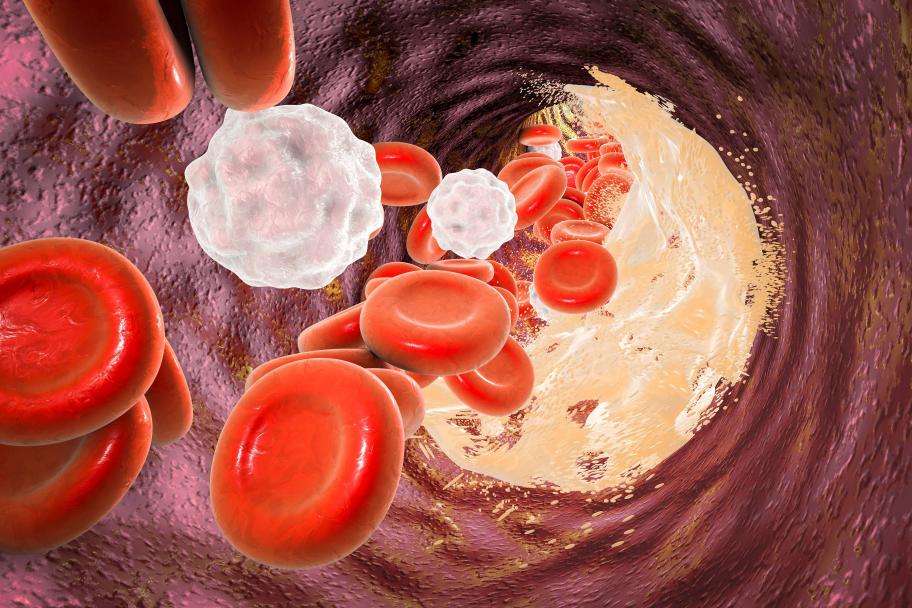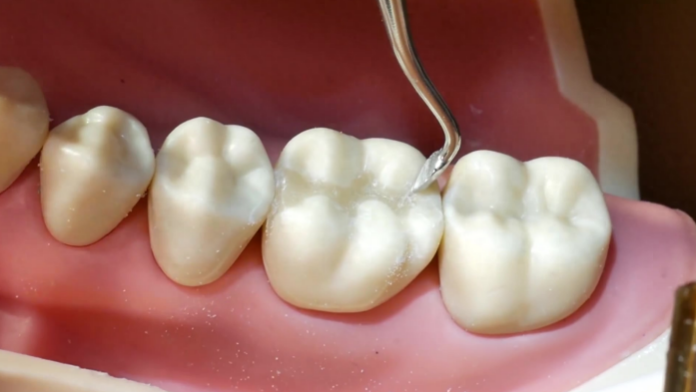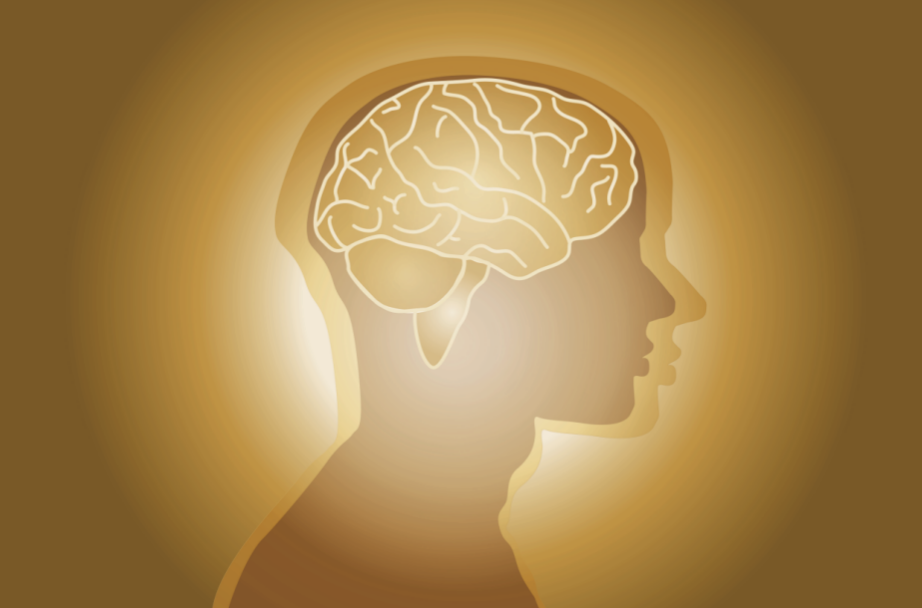Garlic holds an almost "superhero" status in the kitchen. Whether in Chinese, Western, or other cuisines, it works wonders to transform plain dishes into something extraordinary. This "white knight" shines in cooking and has also earned the title of "natural medicine," celebrated for its remarkable health benefits. However, even heroes can't always save the day. For some people, garlic might not promote health but rather cause trouble.
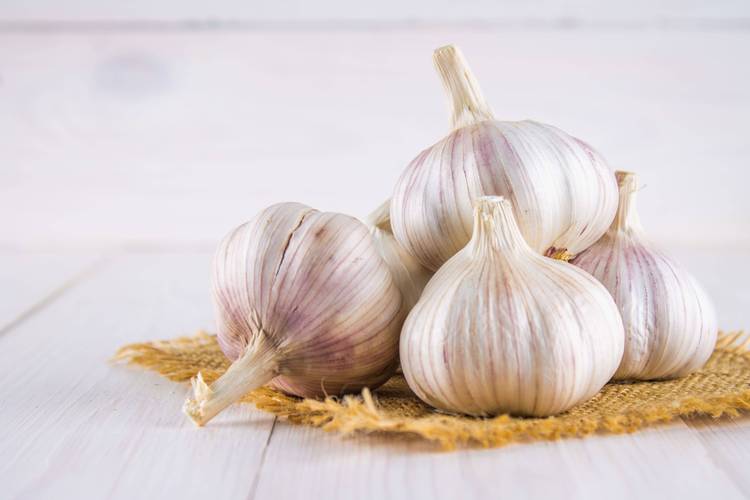
First, let's acknowledge that garlic is indeed a nutrient-packed ingredient. It contains numerous active compounds beneficial to health, most notably allicin, its "secret weapon." Research suggests that garlic can help prevent certain types of cancer, acting as a knight in shining armour to protect our health. However, no matter how great something is, overusing or misusing it can lead to problems. For certain individuals, garlic's powerful effects may turn into a "double-edged sword," posing health risks.
This is because some compounds in garlic inhibit platelet aggregation, which essentially means "making the blood thinner." While this can help prevent blood clots, it becomes a liability when the body needs to stop bleeding quickly, such as during surgery or after an injury. Blood can be compared to a fast-flowing river, with platelets acting as "flood barriers" that form a protective wall when necessary. Garlic, however, can act like a "dismantler," breaking down these barriers to the extent that the body struggles to control bleeding. So, if you're taking anticoagulants like Warfarin or have surgery scheduled, be sure to consult your doctor about whether you need to temporarily avoid garlic.

Garlic may enhance food with its unmatched aroma, but for some people's stomachs, it can be an unwelcome "party crasher." If you suffer from acid reflux or indigestion, garlic might exacerbate these issues. Additionally, garlic can reduce the tension of the lower oesophagal sphincter (LES). The LES is a muscle that acts as a sturdy gate, preventing stomach acid from flowing back into the oesophagus. If this gate becomes weak, stomach acid can "invade," leading to heartburn, acid reflux, or nausea. For those with sensitive digestive systems, garlic may not be a "health knight" but rather a "hazard ambassador."
How can garlic truly become a health ally? The points above are not meant to suggest that everyone should avoid garlic. On the contrary, in most cases, garlic remains a trusted health-boosting ingredient. Its benefits depend on proper moderation—overdoing it can backfire. For the average person, consuming one to two cloves of garlic per day is generally safe. Even if you're a garlic enthusiast, it's wise to practice restraint and avoid overconsumption. If you have specific health conditions, such as taking blood-thinning medication, suffering from gastrointestinal issues, or preparing for surgery, it's essential to inform your doctor about your garlic consumption.
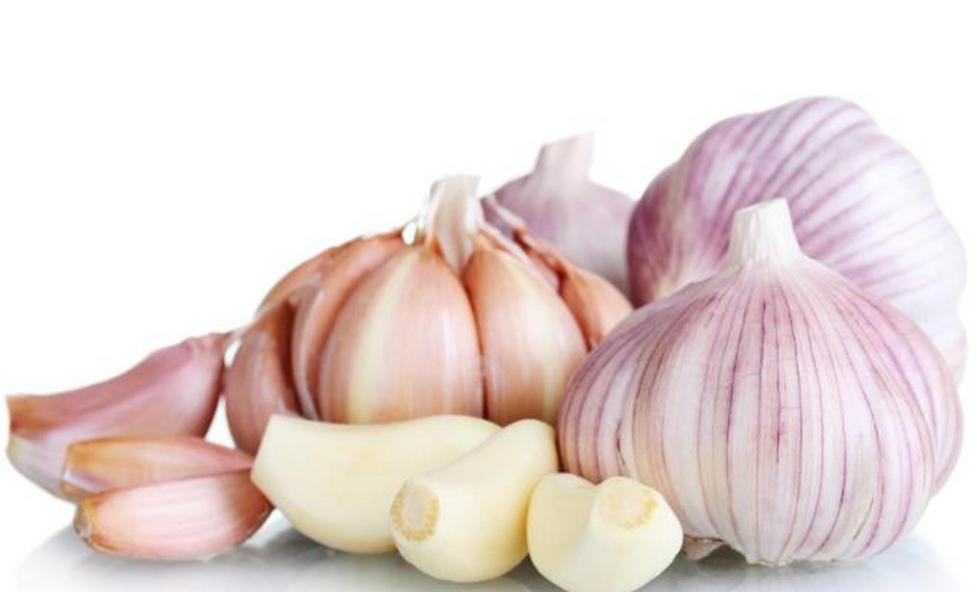
Roasted seafood, garlic butter bread, garlic-flavored chips—garlic's aroma is undeniably appealing. For most people, it is a reliable assistant in the kitchen and a valuable ally for health. But for certain individuals, it may need to be temporarily set aside.

